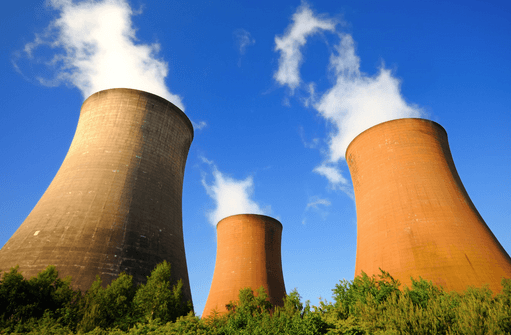NRA allays fears of public on nuclear radiation
 The Nuclear Regulatory Authority (NRA) has allayed the fears of the public on nuclear and radiation issues, saying Ghana has adopted high safety standards in accordance with internationally agreed principles to ensure the safety of Ghanaians.
The Nuclear Regulatory Authority (NRA) has allayed the fears of the public on nuclear and radiation issues, saying Ghana has adopted high safety standards in accordance with internationally agreed principles to ensure the safety of Ghanaians.
Professor Geoffrey Emi-Reynolds, the Acting Director-General of the NRA, said those standards were being strictly pursued to control exposure of workers, medical patients and the public to radiation.
They are also to prevent or minimise the risk of the effects from high doses of radiation and provide a practical guide to all involved in radiation protection.
Prof. Emi-Reynolds gave the assurance at an NRA-Media engagement on issues relating to nuclear and radiations in Accra to enable the media to provide widespread and accurate coverage on the subject.
Radiation is energy transferred through space and matter and all living creatures from the beginning of time had been and are still being exposed to radiation, he said.
He said the lack of knowledge, past events relating to nuclear accidents and radiation exposures, as well as misconceptions and myths surrounding those issues made people to shy away from taking advantage of radiation resources.
He, however, warned that the negative effects of nuclear and radiations could be fatal and so safety and security issues must never be downplayed, advising that the public sought for wider education for their protection.
Prof. Emi-Reynolds said radiation could be natural or man-made and that natural radiation sources included those emitted by cosmic rays from outer space and the sun in the atmosphere, terrestrial (from the earth itself), internal (from within the human bodies), as well as Radon ( a radioactive noble gas).
He said the man-made sources include as x-ray machines, radioisotopes produced by reactors and accelerators, power reactors, nuclear gauges, irradiators, and radiotherapy machines which could be of medical, agricultural or industrial uses.
Prof. Emi-Raynolds said the establishment of the NRA as an independent entity would strengthen the regulation and monitoring of the acquisition, use, storage and proper disposal of all equipment containing radiation sources including x-ray machines for medical and industrial purposes and ensure that none of the parts fell into wrong hands even after they had out-lived their lifespan.
He noted that the Basic Safety Standards for Radiation Protection by the International Atomic Energy Agency required institutions who wished to use the source to produce evidence of the Justification of Practice, Dose Limitation Optimization of Protection and Safety and Dose Constraints before licences could be issued.
He said those requirements were followed by a close monitoring of the operations of the institutions to prevent the misplacement or relocation of the source for a use other than stipulated at the onset.
Prof. Emi-Reynolds said it was important that the media acquired much knowledge on the issue such as the types of radiation sources, their uses, benefits as well as the harmful effects of overexposure to these sources.
The media practitioners, who were drawn from both public and private institutions including the News Agency, electronic and print, were later introduced to the newly established NRA, its mandate, as well as the law that established it.
There was also an intensive participatory section on the recommended way to report on radiations and nuclear issues since they involved sensitive information on safety as well as security.
Dr Abdul Awudu Razak, the Head of the Radiological Applications Department, under the Radiological and Non-Ionising Applications Directorate of the NRA, threw more light on the sources, risks, uses and benefits of radiations.
Mr Ebenezer Appiah Opare, the Head of Legal Affairs Department of the NRA, explained that the nuclear industry was the most highly and carefully regulated globally of which Ghana’s sector was no exception.
He said Ghana had a set of norms that provided the legal framework for conducting activities relating to nuclear energy and ionising radiation in a manner that adequately protected individuals, property and the environment, adding regular inspections of the sources were critical.
Source: GNA
